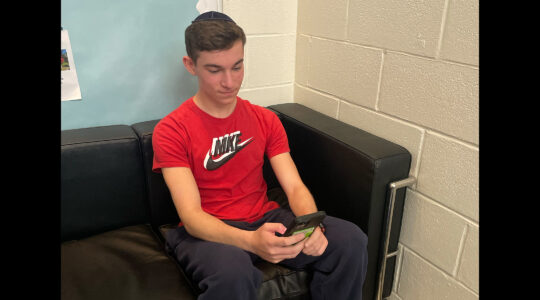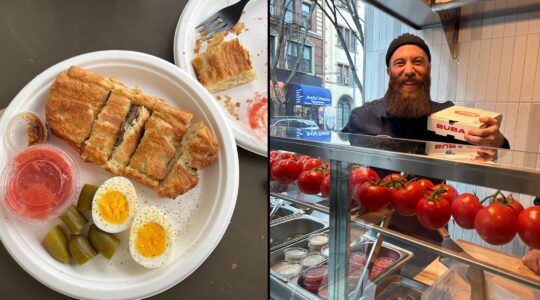PRAGUE (JTA) — Ten European Union countries where claimants of looted art, communal property or private property face serious obstacles:
* Poland: Has not enacted any form of private restitution or compensation for an estimated $30.5 billion worth of property confiscated by Nazis or Communists. The Jewish share of claims on those properties is estimated at 20 percent to 27 percent. Poland has a very slow and burdensome process for restitution of Jewish communal property. Since 1997, 5,500 claims were filed but only 1,625 were adjudicated.
* Lithuania: Has not enacted communal property restitution. The government had offered to pay $46 million over 10 years to a Jewish fund — about one-third of the value of the claimed properties — starting in 2011 before shifting recently and suggesting that such a fund might contravene Lithuanian law. A number of cultural institutions in Lithuania hold looted Jewish artifacts, and little to no provenance research has been done on holdings. Lithuania’s claims process for private property bars non-citizens from making claims.
* Germany: Has supported the return of looted art, but in May it acknowledged that museums and galleries still have thousands of looted works. Provenance research, documentation of ownership and sales history are underfunded. The government commission that handles art claims is viewed as ineffective because it requires the permission of the current art owners to mediate cases. Researchers claim museums and archives are frequently uncooperative. On property restitution, Germany is the leading European Union member to return Jewish properties.
* Ireland: Never signed the 1998 Washington Principles on Looted Art, which would require provenance research and facilitation of the claims process. The Simon Wiesenthal Center has accused the Hunt Museum, one of Ireland’s greatest private collections, of housing looted art, but an Irish investigatory commission cleared the museum of wrongdoing.
* Greece: Little to no provenance research has been conducted at its numerous state museums.
* Hungary: Blocks nearly all attempts to retrieve looted art. The National Gallery and Museum of Fine Arts hold looted art.
* Romania. Has excessively slow and burdensome Jewish communal property restitution. Three hundred of 1,980 claims have been adjudicated since 1997.
* Slovenia: Private property is returned only to current citizens, and only if it was confiscated in 1945 or after.
* Bulgaria: Does not conduct provenance research at its museums.
* Spain: Has looted art in its cultural institutions, but Spain does not conduct provenance research on art.
Sources: JTA analysis of information provided by Claims Conference, American Jewish Joint Distribution Committee, American Jewish Committee, community leaders in Europe, U.S. government reports and nongovernmental organizations.
JTA has documented Jewish history in real-time for over a century. Keep our journalism strong by joining us in supporting independent, award-winning reporting.





